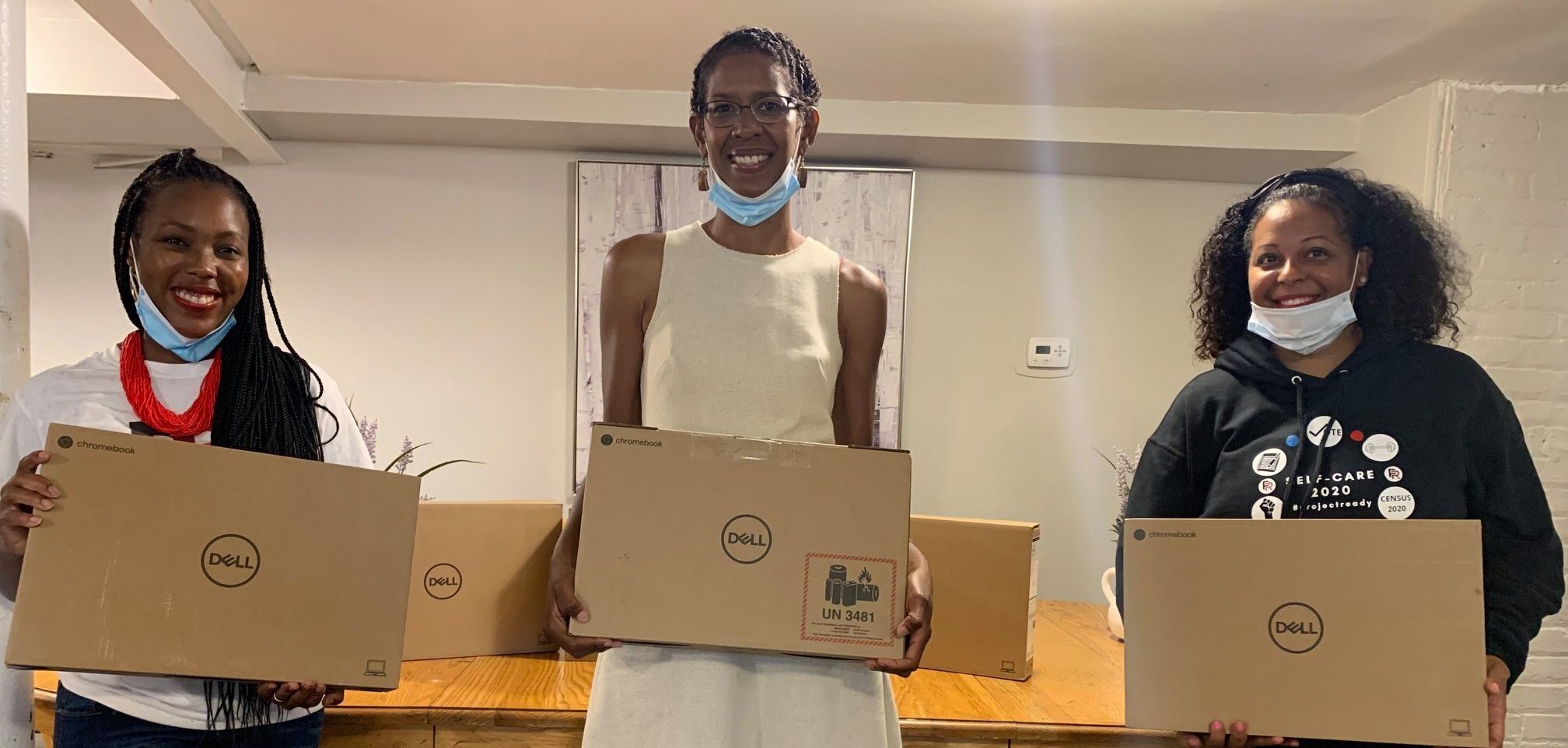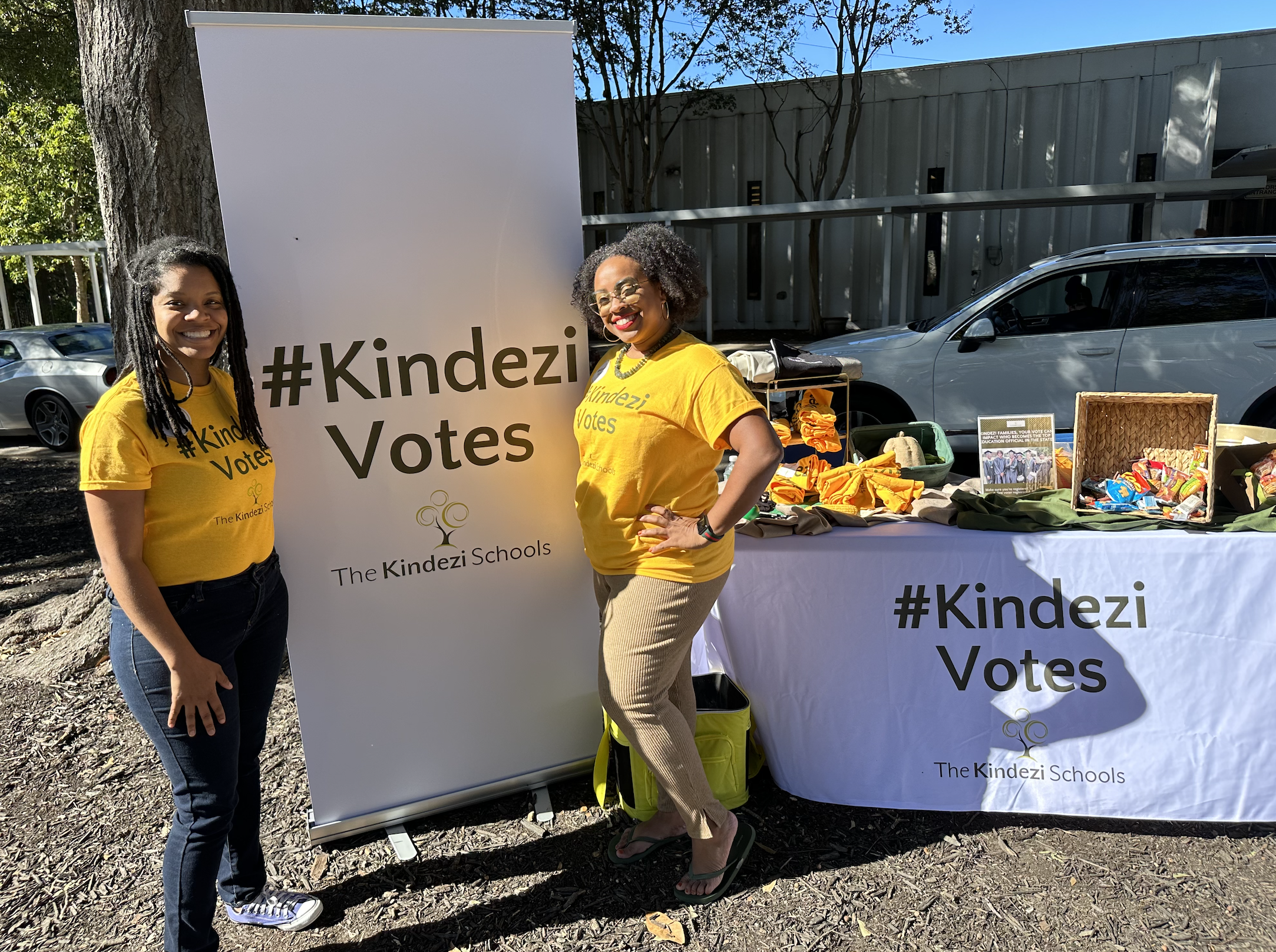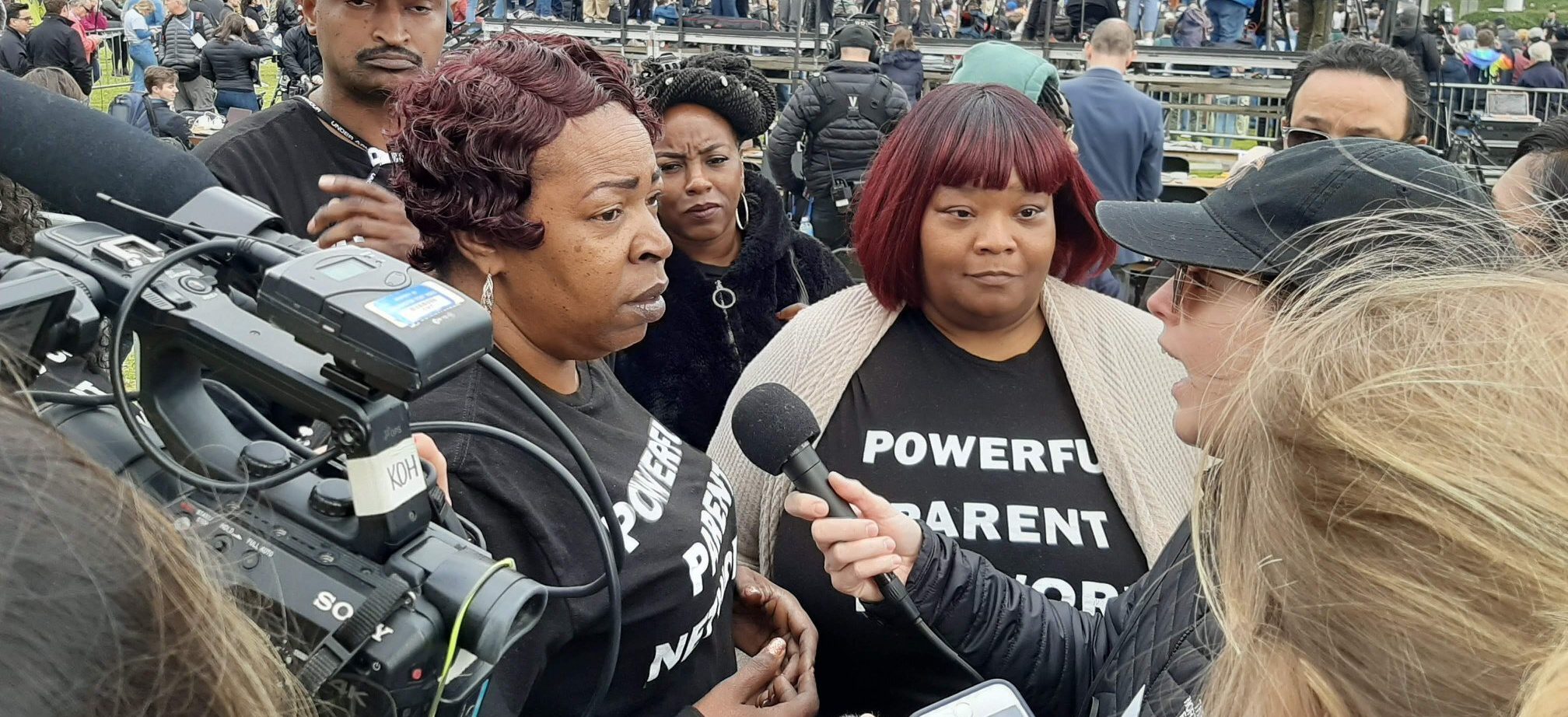Balancing Care For Ourselves and Others in Uncertain Times
Recently, others have asked me what I’m thinking about and how I want to respond personally and professionally to the many shifts in our country and the new landscape that school leaders, educators, and community leaders urgently face. I’ve spent the last month sitting with myself, thinking about all the roles I play in my life. I am a nonprofit leader and colleague. I am a solo parent and female voter. In almost every role that I occupy, it feels like there is more uncertainty than ever.
As part of an exercise in resistance to this moment where the pace of news and change could distract me from what matters most, I’ve been forcing myself to reflect on what is unchanged–who I am, my locus of control, however tiny, and the values I hold most dear. My reflections have continually returned to two things: We Care, a core value at PACE, and Sewa, a core tenet of Sikhism that calls on Sikhs to commit to service. At PACE, We Care is defined as being passionate about justice & equity; valuing and investing in our relationships & assuming the best in others; and prioritizing diverse perspectives & candid communication.To be clear, at any given moment, I am not the embodiment of We Care or Sikhism’s most perfect exemplary Sewadar (or one who performs Sewa). But using We Care and Sewa as guides, I’m recommitting to four practices to give me fortitude and sturdiness in my personal and professional life in this season of uncertainty.
1. Stay Grounded in the “Why”: Creating systems where justice and equity are realities is not a sprint but a marathon. Staying on course in any marathon requires constantly focusing on why you’re in it. I run PACE because my work is my form of Sewa. Fighting for an America where families have access to great schools and can fully participate in a democracy is how I live out Sikhism daily. In every moment that has felt bleak, connecting my work to Sewa has helped ground me and return to what is in my control.
2. Maintain Boundaries and Rest: In advocacy work, there is always another crisis, deadline, and campaign. I’d be lying if I said I didn’t love the adrenaline of those moments. But adrenaline alone doesn’t create change. Our challenge and opportunity is to balance urgency with care and compassion for ourselves and others. PACE’S “We Care” core value is a daily reminder to seek balance and prioritize the well-being of ourselves, our team members, and partners. I’m setting more boundaries to find joy and rest within my tiny two-person family unit by making sure I’m home for as many dinners and bedtimes as possible, and ensuring my colleagues feel like they can set and maintain meaningful boundaries of their own.
3. Talk Less and Listen More: Local voices should drive advocacy, which means not coming into spaces with pre-determined solutions and seeing our partners as cherished collaborators in a shared vision. For example, with our partners at The Memphis Lift, The Atlanta Thrive, and Nashville PROPEL, we’ve built a listening tour component into our campaigns to ensure families feel heard. By carefully listening to families navigating attendance, special education, school safety, or academic challenges, we can co-create strategies and plans with the people who know their communities best and are most impacted by the issues we’re advocating for.
4. Focus on the Human, not the Transaction: When we center care in our relationships with our partners, team members, and even adversaries, we build trust—the kind that sustains movements over time. At PACE and in the other spaces I occupy, I’m trying to go beyond the transactional–whether through celebrating wins, acknowledging the absurd, sharing resources, starting with humor, or simply making time to talk about our families, hobbies, and other parts of our lives.
I hope this helps spark reflection for you, and if it does, I’d love to hear about it.
By Reshma Singh, Founding Partner



